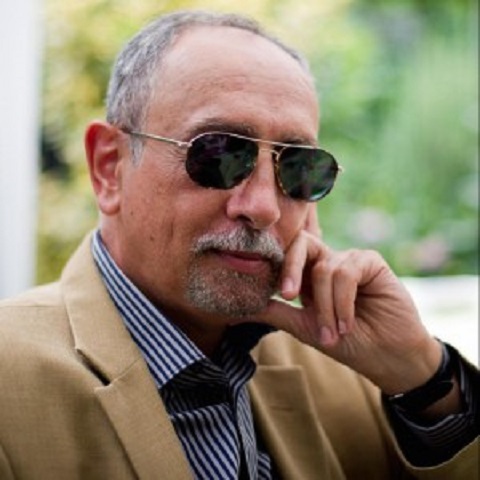The Armenian Mirror-Spectator.
By Varoujan Sirapian
We are healing our wounds after this defeat in the Artsakh war, endorsed by a trilateral ceasefire among Armenia, Azerbaijan, and Russia. However, we have not stopped thinking about the future, which is part of our work at the Tchobanian Institute.
We lost 29 years after independence. It is high time to get out of our victim mentality and draft a short- and medium-term strategy instead of looking for scapegoats. We continue to work on our plan to publish a collectively-authored book on “Armenian Strategic Thought” that we launched a few months ago.
Read also
With this in mind, we believe that the mission of the Hayastan All-Armenian Fund (AF) must also be reoriented. Of course we have given and we will continue to give these days, since, once again, we are in a hurry. The situation has not been anticipated and its consequences, probably very serious, cannot be measured for a long time.
The money raised by the AF is invested at the end according to the decisions taken by the Himnatram of Armenia (except perhaps for some specific dedicated projects). The political confusion created in the aftermath of the ceasefire will not facilitate the design of a medium-term strategy for the country. It is up to us, the diaspora leaders, to provide all our vigilant help and our capacity for proposals.
About ten years ago, we asked the question of the safety (and therefore the sustainability) of projects in Artsakh (especially outside the oblast). Today, however, we see that many investments will have served no purpose, after falling into the hands of the Azerbaijanis. Without guaranteeing the security and sustainability of a territory, building there is like building on sand.
Without a safeguarded Armenia and Artsakh, the financial aid provided by the AF will fall into a barrel with holes at the bottom.
The Diaspora has an important economic power, and the AF is a vehicle for using this power as a lever to enforce compliance with certain rules. We are thinking, for example, of the statutes of the UFAR (French University in Armenia) drawn up under the aegis of Ambassador Henry Cuny in the 2000s. It had established a solid foundation that for 20 years has ensured its proper functioning, preventing, among other things, corruption and any breach of academic ethics. Thus it has permitted granting credible and rewarding degrees, presenting to Armenia to date more than 2000 high-level executives who are the best assets for its future.
In the same way, the AF already has a strong statutory basis, inspiring confidence, and efficiency, particularly in the fight against corruption. Nevertheless, we believe that the AF lacks a geopolitical component to support it in its economic or humanitarian projects. As we often say, whether we like it or not, politics and diplomacy take precedence over everything. It will therefore not be possible to ignore the evolution of the political situation in the country and the continuation of the democratic deepening that was taking place before the military aggression.
Without interfering in domestic politics, it is necessary to realize that it cannot introduce a glass ceiling above any associative action, at the risk of rendering it inoperative.
The AF has a significant advantage in this regard: being independent of political parties, it can assemble a geopolitical platform (scientific, unpolluted by ideologies of the past) to participate in reflection on guidelines for the future of Armenia in the medium and long term. We have been suggesting this to the Ministry of Foreign Affairs of Armenia since the creation of the Tchobanian Institute 16 years ago. It seems more topical than ever.
We must stop blaming others and understand why among the two people who suffered genocide in the 20th century there is one who has gained territory (now super protected) and the other who has lost territory and if this continues even risks (yet again) being wiped off the map. Diagnose, find remedies, and apply them. Here, we think, is the trail to explore. Otherwise, like Sisyphus, we will be forced to constantly build what will be destroyed by our hereditary enemies. It may also affect the money raised by the AF in the future, a resigned attitude of “what is all this for” sowing doubt in the minds of donors.
Let us act now, so that we do not have to react in the future in urgency.
November 18, 2020
Varoujan Sirapian is the founding president of the Institut Tchobanian (Alfortville, France).




















































